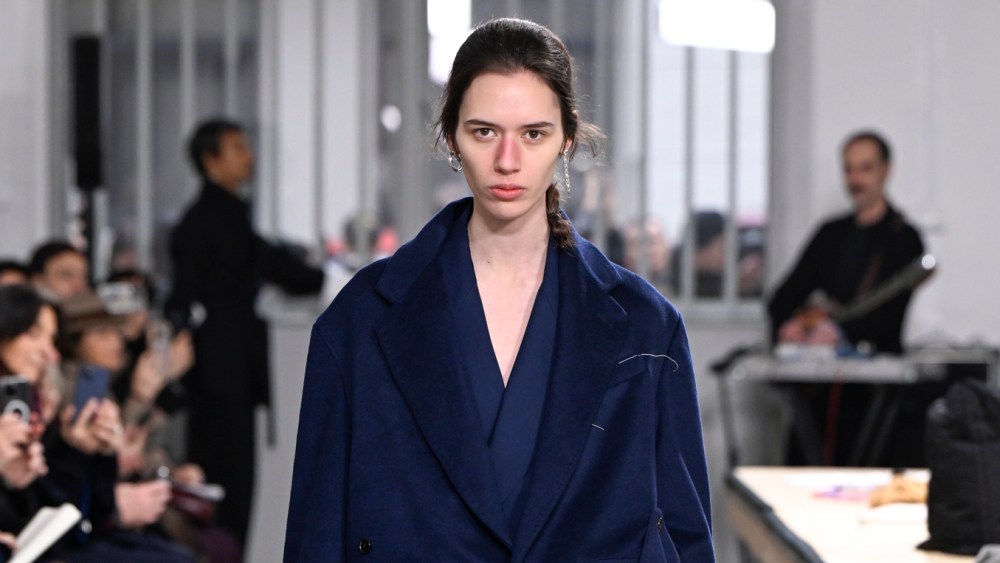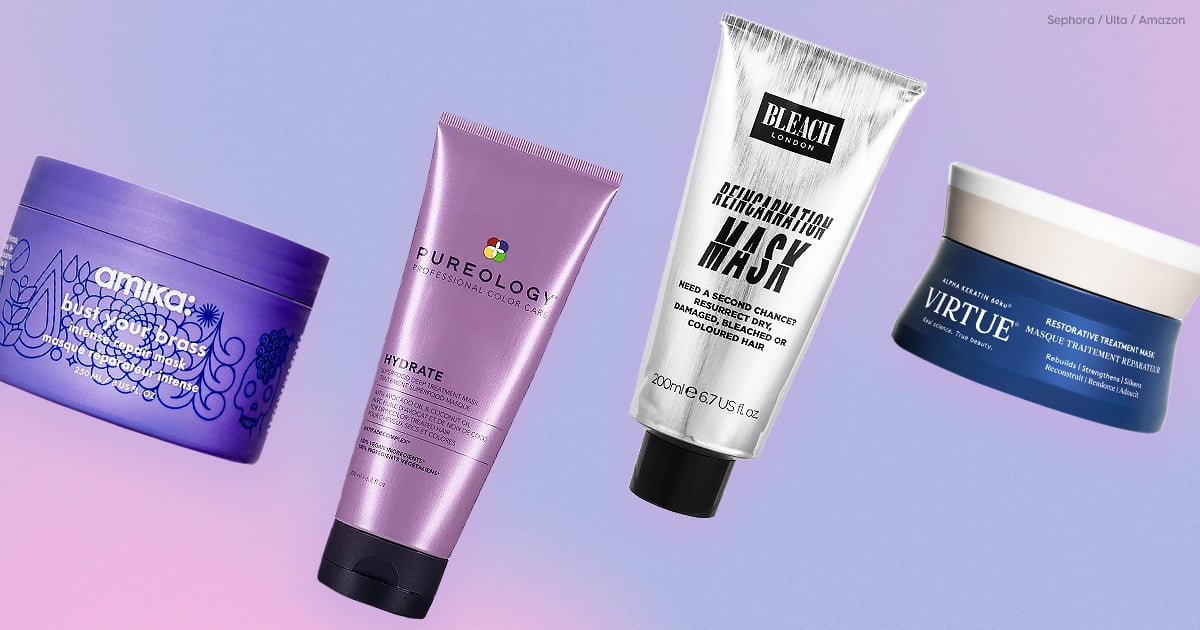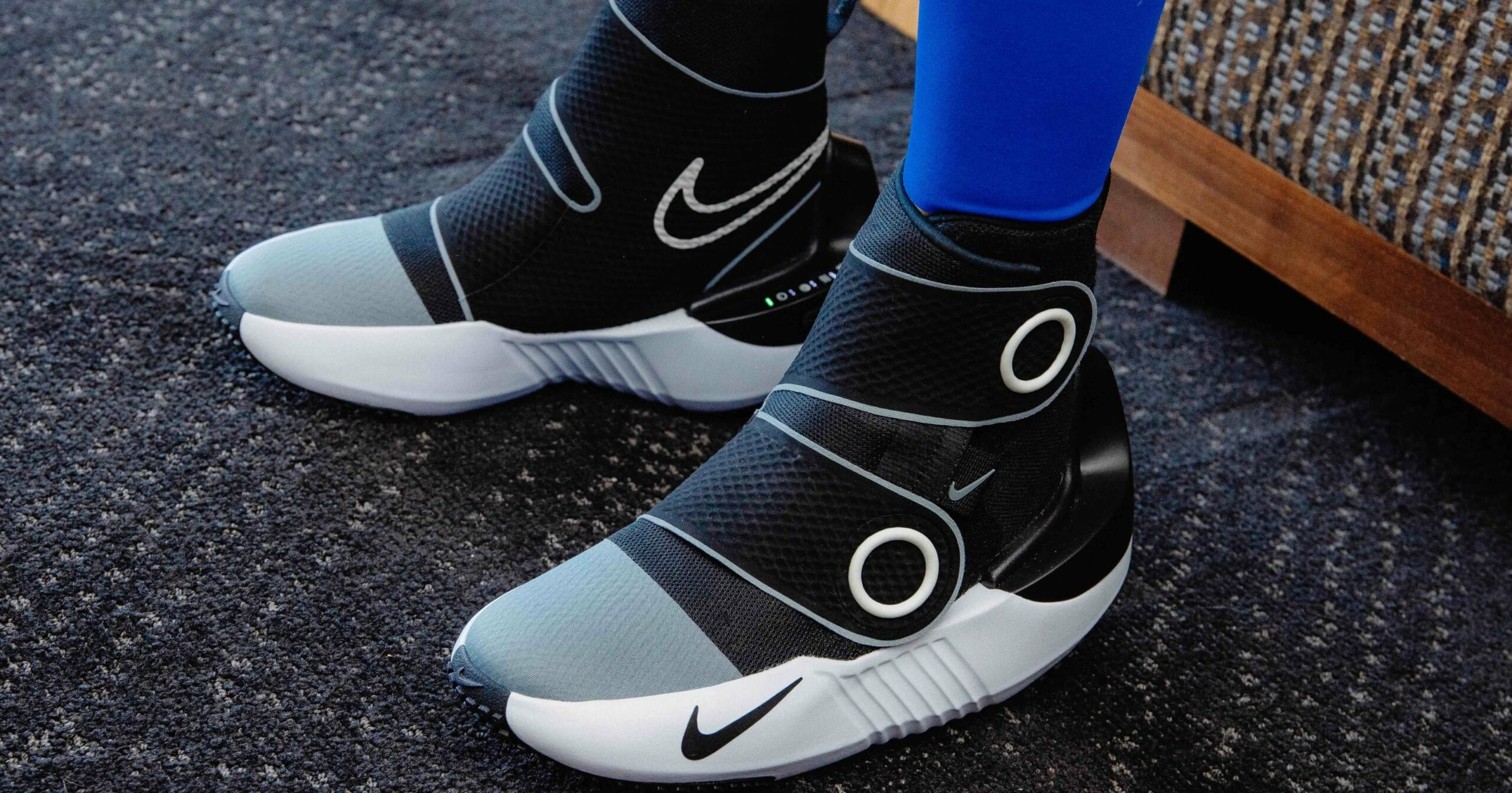Inch wide, mile deep. That’s the winning strategy for Peach & Lily founder Alicia Yoon.
“There are two ways to grow,” she said during an interview as her brand was named the 2025 WWD Honor recipient for Beauty Company of the Year, Private. “One way is you can be everywhere, doing maybe smaller sales, but it adds up to a big number. You may not be that deep or strategic, but you’re sort of everywhere. Through that approach, maybe you start getting bigger in each of those places. The other approach you can take is to go more narrow, but go super deep. That’s the approach that we believe in.”
Related Articles
Indeed, six months after the Peach & Lily brand launched in 2018 direct-to-consumer, it entered Ulta Beauty in 250 doors. Now it is in all doors in the U.S. and is expanding internationally via Ulta’s launch in Mexico.
“Very quickly we started growing and growing, and today we are their second-largest prestige skin care brand. What’s exciting is it’s all about, how do you grow? How do you go deep and really grow? Even within the retailer, it’s not about growing by just having new skus all the time and as many as you can and growing your shelf space as fast as you can. Instead, we focused on how every single sku can become more and more productive.”
Yoon believes that by being so focused on product and not compromising on innovation has resulted in high customer loyalty, which in turn has helped fuel sustained growth.
After all, the premise of the brand is active formulas for sensitive skin, so the products need to do what they say.
“I have eczema and very sensitive skin, so in my early 30s, I was looking for powerful, potent active formulas that I can use to transform my skin, but inevitably it would irritate my skin. I saw a real gap in the market for potent, active formulas and gentle formulas,” she told WWD of how the brand idea germinated.
“I launched Peach & Lily to deliver formulas that are really concentrated and powerful, that include retinoids, 10 percent glycolic acid, and vitamin C. And yet, when we clinically test them with instrumentation, it doesn’t irritate your skin barrier. It has a National Eczema Association seal on it.”
Developing those formulas was no easy feat, though.
“There’s a reason that this wasn’t in the market, because inherently, for example, retinoids, the way it biochemically works in your skin is, when you use it, your skin cells will receive it, but simultaneously it’ll sprout in four receptors that trigger inflammation,” explained Yoon. “In the case of our retinal for all renewing serum, we lean on novel research that shows a certain combination of ingredients make 82.6 percent of those four receptors go away.”
Yoon, who took on a minority investment from Sandbridge Capital in 2020, described her bespoke approach to formulation as a combination of grit and working beyond the skin care industry.
“We rely on medical research, on biotech research, we will bring dermatology,” she continued. “It’s not just going to a lab and just saying, ‘make this for us,’ because it doesn’t really exist. So it’s really challenging. We also had to really work with our lab partners to encourage them that we can really innovate. So innovation isn’t easy, but I think that because that’s something that we haven’t wavered on and compromised on in the solution that we promised consumers. That’s been the reason for our sustained and rapid growth.”
In addition to strong formulas, education is key, including a complimentary service called Ask Lily, where anybody can email and a licensed in house aesthetician will answer their questions.
The brand’s first success was Glass Skin Refining Serum, $39 for a 40-ml. bottle, helping popularize the glass skin trend in the U.S. “When your skin is healthy from the inside out, there’s a luminosity, a clarity, when it’s hydrated and nourished, it really has that glass-like look of healthiness,” said Yoon.
In addition to Peach & Lily, there is mass sister brand Peach Slices, sold at CVS, Walmart, Amazon and Ulta. Together the brands have a combined net sales north of $100 million, according to industry sources.
Asked if the second K-beauty wave in the U.S. has impacted Peach & Lily, Yoon said: “We benefit from this awareness that Korean beauty is so innovative. But I would say that Korean beauty brands that are really growing rapidly right now are typically offering mass or masstige price point products, and it’s very trend-driven.
“Peach & Lily is not offering these trend-driven solutions, and we’re really sticking to our value proposition of these powerful and gentle solutions. Our consumers are coming to us, not because it’s just K-beauty, but because there’s a recognition of the distinctive formulas that we’re offering.”
Regarding the success of Peach & Lily, she continued that there isn’t a big silver bullet or one big hack that’ll make your company thrive. On the other hand, in that same way, what’s encouraging for Yoon is it’s very rare to make a mistake or decision that derails your entire business.
“There’s always an opportunity to pivot, to learn, to reorient and to switch things up. The key is to not give up and to keep going. And you will find a way through things, and you will learn and get smarter,” she concluded.



